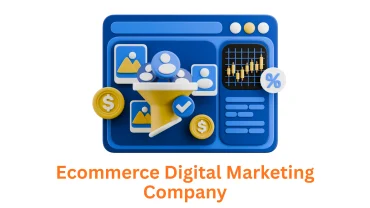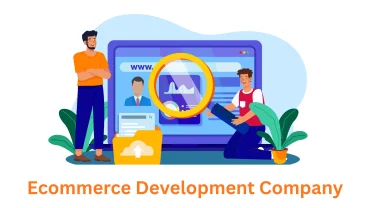Hybrid mobile app development continues to evolve at a rapid pace, offering businesses and developers a cost-effective and efficient way to reach both iOS and Android users with a single codebase. In this blog post, we’ll dive into the most exciting technologies, platforms, and tools driving hybrid mobile development’s current and future success.
1. The Reigning Champions: React Native and Flutter
-
React Native (Facebook): Backed by a massive community and Facebook’s engineering resources, React Native remains a dominant force in hybrid development. Its “learn once, write anywhere” approach and emphasis on native-like performance make it a popular choice for building complex apps.
-
Flutter (Google): Flutter’s unique approach to UI rendering and its hot-reload feature have attracted a dedicated following. Its ability to create visually stunning and highly performant apps across platforms is a major draw.
2. Ionic: The Web-Focused Framework
- Ionic: Built on web technologies (HTML, CSS, JavaScript), Ionic is a versatile framework for building cross-platform apps and progressive web apps (PWAs). Its extensive library of UI components and its integration with Angular, React, or Vue.js make it highly adaptable.
3. Up-and-Comers: Capacitor and Kotlin Multiplatform Mobile
-
Capacitor (Ionic Team): Capacitor is a runtime that allows you to use web technologies to build native iOS and Android apps. It offers seamless access to native device features and integrates well with existing web projects.
-
Kotlin Multiplatform Mobile (JetBrains): Kotlin Multiplatform Mobile is an emerging technology that enables you to share business logic between iOS and Android while writing platform-specific UI code. It leverages Kotlin’s power and promises a more native feel.
4. Low-Code/No-Code Solutions: The Democratization of App Development
- OutSystems, Mendix, Appian: These platforms are empowering citizen developers and businesses to create mobile apps without extensive coding knowledge. They offer drag-and-drop interfaces, pre-built components, and visual workflows, accelerating development cycles.
5. Performance Enhancements: Beyond the Basics
Hybrid apps have historically faced performance challenges compared to native apps. However, recent advancements are closing the gap:
- Hardware Acceleration: Frameworks like React Native and Flutter leverage hardware acceleration to deliver smoother animations and transitions.
- Code Optimization: Techniques like tree-shaking and lazy loading help reduce app size and improve startup times.
6. The Future: AI, AR, and Beyond
Hybrid app development is poised to integrate emerging technologies:
- AI and Machine Learning: Expect to see more AI-powered features like chatbots, personalized recommendations, and image recognition in hybrid apps.
- Augmented Reality (AR): AR is transforming industries from retail to healthcare, and hybrid frameworks are making it easier to build AR experiences.
Conclusion
Hybrid mobile app development is a dynamic field with a wealth of options for businesses and developers. Whether you choose an established framework or explore emerging technologies, the key is to select the tools that align with your project goals and skillset.
Need Expert Help? Partner with Associative
If you’re looking for a reliable partner to bring your hybrid app vision to life, look no further than Associative. We specialize in:
- Hybrid Mobile App Development
- Website Development
- Web Application Development
- E-Commerce Development
- Search Engine Optimization (SEO)
- Digital Marketing
- Android and iOS App Development
- Cryptocurrency Wallet Development
- Blockchain Development
- Web3 Development
- Software Development
- Game Development
- WordPress Site Development
- Angular Development
- Apache Cassandra Development
- Apache Spark Development
- Social Media and Marketing
Contact us today for a consultation!
To learn more, consider reading other articles, blogs, and stories in this area.
Best Hybrid Mobile App Development Company
Top Hybrid Mobile App Development Services
Your Ultimate Guide to Hybrid Mobile App Development Tools & Resources
The Power of Hybrid Mobile App Development: A Cost-Effective Path to Multi-Platform Success
The DIY Guide to Hybrid Mobile App Development
The Hybrid App Developer’s Playbook: Your Guide to a Thriving Career
Hybrid Mobile App Development: The Best of Both Worlds
Build Your Own Future-Ready Hybrid Mobile App: A Comprehensive Guide
How to Find Jobs as a Hybrid Mobile App Developer: The Freelancer & Business Guide



Comment (0)